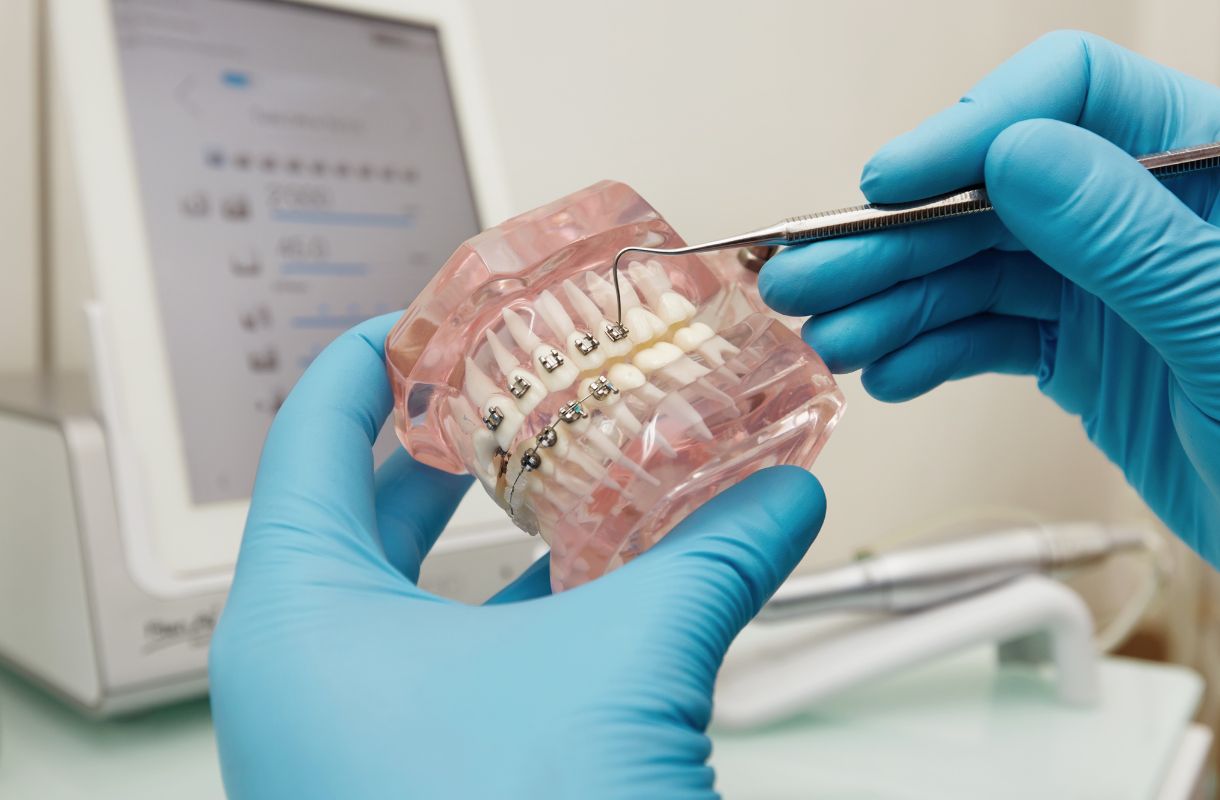What is
Retreatment of Failed Root Canals?
Root canal treatment is a highly successful procedure, with a success rate of over 95%. However, in some cases, the initial treatment may fail, requiring a second intervention known as root canal retreatment or Re-Root Canal.
Why Do Root Canals Fail?
There are several reasons why a root canal treatment may fail:
- Missed or Undetected Canals: The root canal system is complex, and some canals may be missed during the initial treatment, leading to persistent infection.
- Inadequate Sealing: If the root canal is not properly sealed, bacteria can enter and cause reinfection.
- Coronal Leakage: If the tooth is not properly restored after the root canal, bacteria can enter through the top of the tooth.
- Fractures: Vertical or horizontal fractures in the tooth can allow bacteria to enter and cause infection.
The Retreatment Process
Root canal retreatment involves the removal of the existing filling material, cleaning and disinfecting the root canal system, and then refilling and sealing the canals.
The process typically takes two visits:
-
First Visit:
- The existing filling material is removed from the root canal.
- An antibacterial paste called calcium hydroxide is placed in the canal to reduce the number of bacteria.
- The tooth is temporarily sealed with a filling material.
-
Second Visit:
- The calcium hydroxide paste is removed from the canal.
- The canal is thoroughly cleaned, shaped, and disinfected.
- A new root canal filling is placed.
- A temporary filling is placed to seal the access opening in the tooth.
After retreatment, it is essential to have the tooth permanently restored with a crown or other restoration to protect it from further damage and ensure its long-term success.
Unique Considerations for Retreatment
Root canal retreatment can be more challenging than the initial treatment due to the presence of existing restorations, posts, or complex anatomy.
In such cases, specialized techniques and equipment may be necessary:
- Dental Operating Microscope: This allows the dentist to visualize the contents of the canals and access preparations more clearly, enabling precise and delicate retreatment procedures.
- CBCT Imaging: Cone-beam computed tomography (CBCT) provides detailed 3D images of the tooth and surrounding structures, helping the dentist plan the retreatment and identify any missed anatomy or complications.
Alternatives to Retreatment
If root canal retreatment is not feasible or unlikely to improve the previous result, alternative treatments may be considered:
- Endodontic Surgery: Also known as apicoectomy, this procedure involves surgically removing the infected tip of the root and sealing the end of the canal.
- Tooth Extraction: In some cases, the tooth may need to be extracted if retreatment or surgery is not possible or if the tooth is severely damaged. The extracted tooth can be replaced with a dental implant, bridge, or partial denture.
Cost of Root Canal Retreatment in India
The cost of root canal retreatment in India can vary depending on several factors, such as the complexity of the case, the location of the clinic, and the experience of the dentist.
Typically, the cost ranges from ₹4,000 to ₹8,000 per tooth, additional charges may add up depending on specific circumstances. The cost could go high or low depending on the level of professionalism of the service.
FAQs
Is it worth retreating a root canal?
Yes, retreating a root canal can be worth it, especially if the tooth has a favorable prognosis after retreatment, avoiding more invasive procedures.
How painful is a root canal retreatment?
Root canal retreatment is generally not painful due to anesthesia, similar to the initial treatment, with minimal discomfort.
Is re-root canal treatment painful?
Re-Root Canal Treatment is typically not painful, but some patients may experience mild discomfort or sensitivity afterward, which usually resolves within a few days.
What are the risks of root canal retreatment?
Risks include potential reinfection, tissue damage, tooth discoloration, and compromised structural integrity with each procedure.
Do teeth become weak after root canal retreatment?
Teeth can become weaker due to the removal of tooth structure and multiple procedures, but a crown can help maintain strength and function.
Endodontics
Get In Touch With Us
Call us
+91 9676100045 - Punjagutta
+91 7702425551 - Hitech City
+91 7702425551 - Hitech City
Email us
reception@smiline.com
Book An Appointment
Book a visit to Smiline, simply fill out the form below and we will contact you back regarding the intervention you require.



